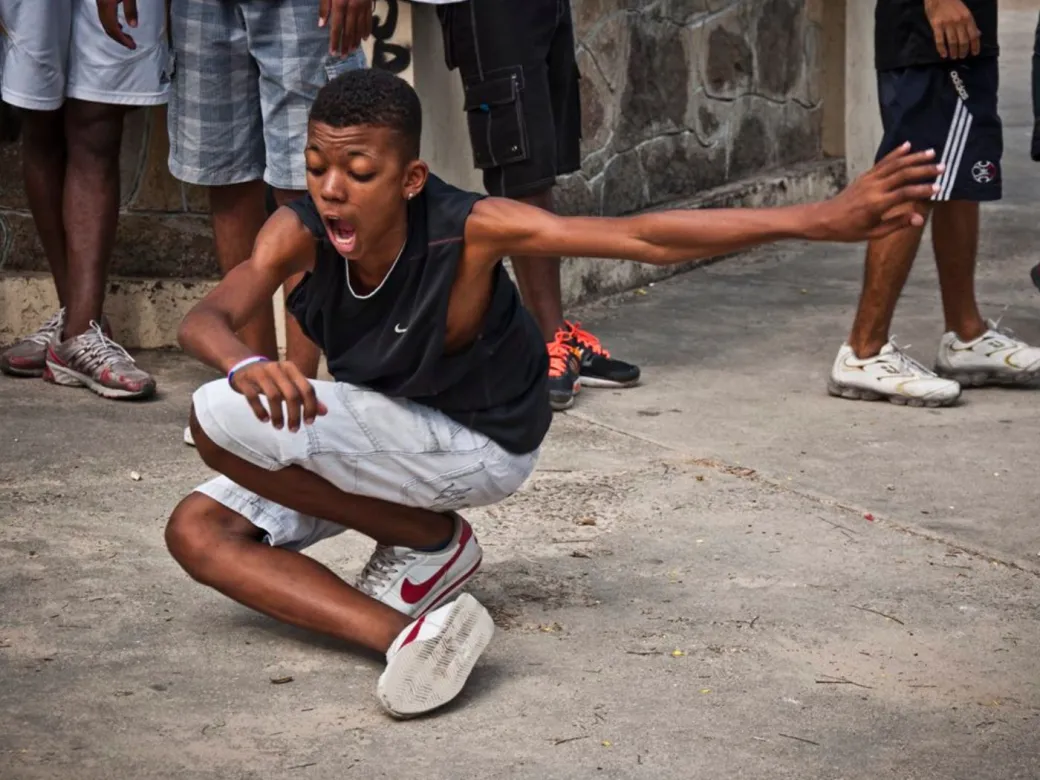In a groundbreaking move, legislators in Brazil have officially recognized the passinho dance style, born from the vibrant energy of Rio’s favelas, as an “intangible cultural heritage”. This declaration, made in March, marks a significant milestone in acknowledging the cultural contributions stemming from these bustling neighborhoods.
The passinho dance craze emerged in the early 2000s, sparked by the ingenuity of young residents in Rio’s favelas. Fueled by their boundless creativity and shared In the early days of social media through platforms like Orkut and YouTube, passinho quickly captivated audiences beyond the confines of these communities. What began as improvised moves showcased at local funk parties evolved into a competitive scene, inspiring youths to innovate and push the boundaries of the dance form.
View this post on Instagram
The journey of passinho from the streets of Rio to international stages exemplifies its transformative power. Through initiatives like “passinho battles” organized by Brazilian producer Julio Ludemir, the dance gained recognition both locally and abroad. Its inclusion in events like the “Out of Doors” festival at New York’s Lincoln Center and the Rio 2016 Olympic Games opening ceremony elevated passinho to a global phenomenon.
Beyond its artistic significance, passinho has also served as a pathway for youths to navigate the complexities of favela life, offering an alternative to involvement in crime or the pursuit of elusive dreams.
For many, passinho represents more than just a dance; it embodies a sense of identity, joy, and opportunity. Dancer and choreographer Walcir de Oliveira, 23, describes it as the cornerstone of his life, providing not only a livelihood but also a platform to express happiness and relieve stress. “Passinho in my life is the basis of everything I have,” he said in an interview for AP.
The recent declaration of passinho as a state heritage by Rio’s legislative assembly, spearheaded by legislator Veronica Lima, signifies a pivotal moment in recognizing and celebrating the cultural richness of Rio’s favelas. This official acknowledgment not only validates the contributions of passinho dancers but also aims to destigmatize funk culture and empower youths from marginalized communities.
For pioneers like Pablo Henrique Goncalves, aka Pablinho Fantástico, and groups like OZCrias and Passinho Carioca, the heritage recognition represents a validation of their journey and an inspiration for future generations. By sharing their passion and talent, they continue to shape the cultural landscape of Rio and beyond, proving that passinho is not just a dance but a transformative force with the power to change lives.
View this post on Instagram



